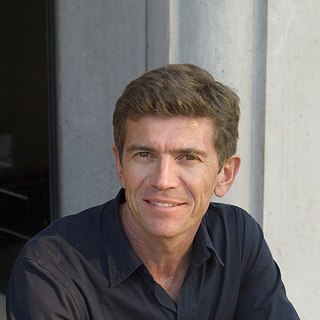A Quote by Ngaio Marsh
I always, by an involuntary act of defensiveness, return to my everyday self: so, I find, have I withdrawn from writing about experiences which have most closely concerned and disturbed me. I have been deflected by my own reticence.
Related Quotes
The thing that has disturbed me most about the Russian hacking episode is - and the thing that surprised me most has not been the fact of Russian hacking. The cyber world is full of information gathering, you know, propaganda, et cetera. I have been concerned about the degree to which, in some circles, you've seen people suggest that Vladimir Putin has more credibility than the U.S. government. I think that's something new.
As an activist, you do find yourself directed more toward public action. But I've always tried to use stories from my own life in my writing for instance. It has always been clear to me that the stories of each other's lives are our best textbooks. Every social justice movement that I know of has come out of people sitting in small groups, telling their life stories, and discovering that other people have shared similar experiences. So, if we've shared many experiences, then it probably has something to do with power or politics, and if we unify and act together, then we can make a change.
I compare myself with my former self, not with others. Not only that, I tend to compare my current self with the best I have been, which is when I have been midly manic. When I am my present "normal" self, I am far removed from when I have been my liveliest, most productive, most intense, most outgoing and effervescent. In sort, for myself, I am a hard act to follow.
Writing, for me, when I'm writing in the first-person, is like a form of acting. So as I'm writing, the character or self I'm writing about and my whole self - when I began the book - become entwined. It's soon hard to tell them apart. The voice I'm trying to explore directs my own perceptions and thoughts.
It's a hard thing to examine and difficult to speak for other writers, but when I look at my own writing there is often too much reticence. And that's a flaw I have as a person as well. I'm too reticent. I'm non-confrontational to a fault. And I'm risk-averse, which probably shows in my sentences. The aversion to long lines, the tendency to strip things back and be spare. My writing is an act of erasure that's tied up with my personality. I can easily produce a ninety thousand word chunk of writing and then cut back and back until I've only got ten thousand words. Or nothing.
Dysfunctions can occur in each of the self-regulatory subfunctions-in how personal experiences are self-monitored and cognitively processed, in the evaluative self-standards that are adopted, and in the evaluative self-reactions to one's own behavior.. Problems at any one of these points can create self-dissatisfactions and dejection. dysfunctions in all aspects of the self system are most apt to produce the most chronic self-disparagement and despondency
If you read a book about school - someone else's book - you always translate it into your own school experiences. It's describing the student: he's bewildered and lost in a large crowd in a university classroom. You'll visualize that from your own experiences. So, everything you know is what you're really writing.





































